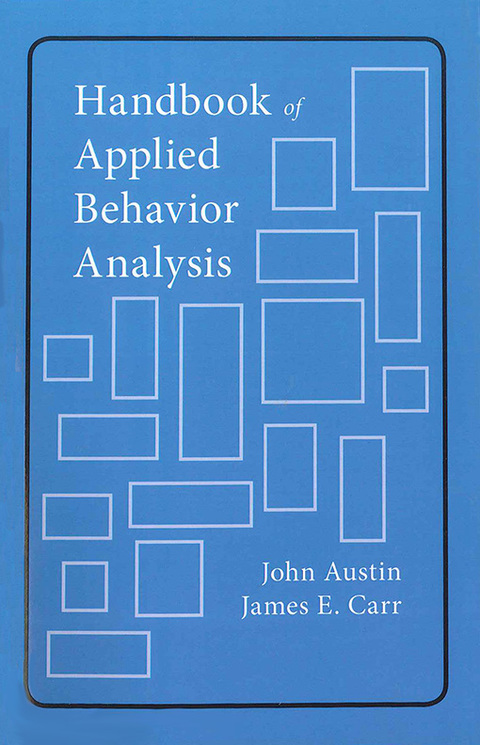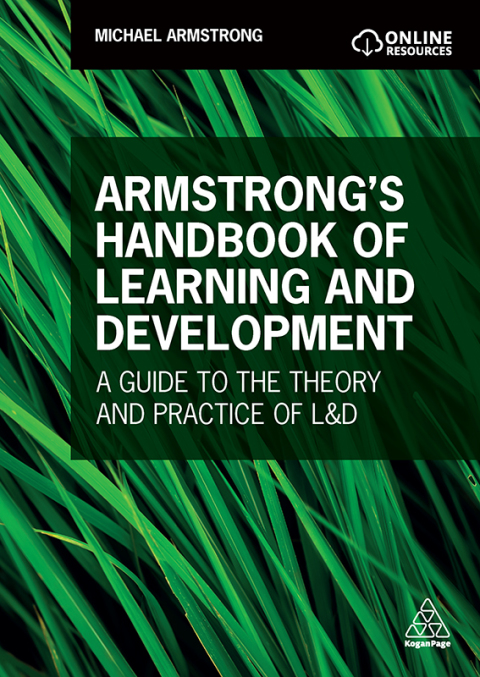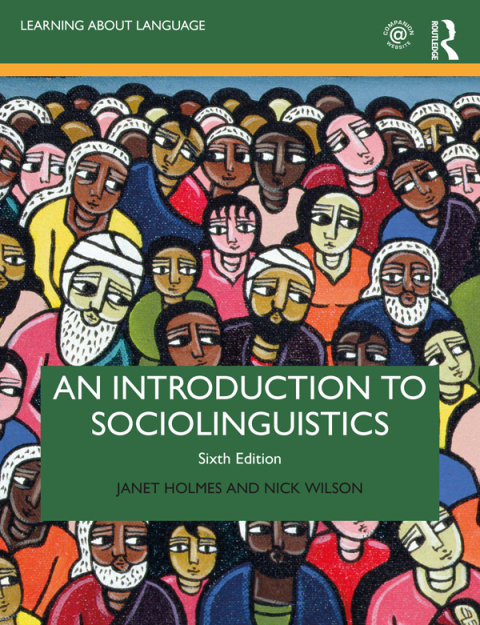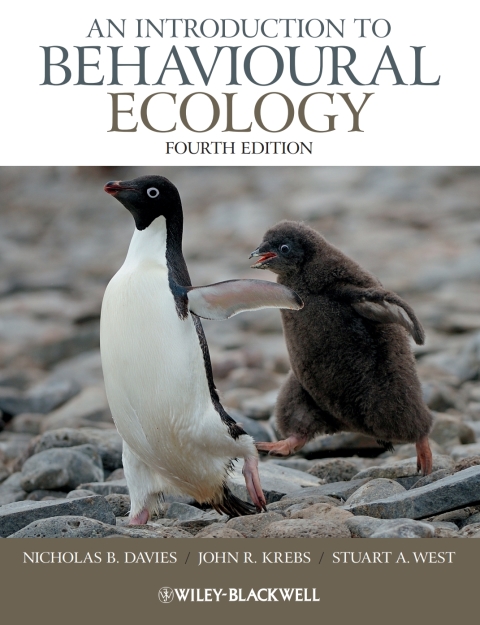Description
Efnisyfirlit
- Dedication
- Introduction
- Foreword
- References
- Table of Contents
- 1. Stimulus Preference and Reinforcer Assessment Applications
- Standard Reinforcer Assessments
- Alternative Procedures for Identifying Reinforcer Effects
- Directions for Future Research
- Notes
- Reading Objectives
- References
- 2. Behavioral Acquisition by Persons With Developmental Disabilities
- A Model for the Acquisition of Functional Community Living Skills
- Preliminary Steps to Behavioral Program Development
- Task Specification and Analysis
- Task Sequencing
- The Training Environment
- Stimulus Control
- Transfer of Stimulus Control
- Skill Maintenance
- Recent Research
- Community Living Skills Instruction
- Academic Tasks
- Self-determination
- Areas For Future Study
- Self-determination
- Self-Advocacy
- Teaching Complex Equivalence Relations
- Reading Objectives
- References
- 3. The Functional Analysis Model of Behavioral Assessment
- The Learned Functions of Behavior Disorders
- The Role of Functional Analysis Methodology
- in Practice, Research, and Prevention
- Assessment of Behavioral Function
- Functional (Experimental) Analysis
- Descriptive Analysis
- Indirect (Anecdotal) Methods
- Areas for Future Research
- Reading Objectives
- References
- 4. Current Issues in the Function-Based Treatment of Aberrant Behavior in Individuals with Developmental Disabilities
- Conceptualizing Decelerative-Intervention Research Along
- the Basic-Applied Continuum
- Recent Meta-Analyses of the Decelerative-Intervention Literature
- Four Important Decelerative Interventions for Aberrant Behavior
- Promising Areas for Future Research
- Reading Objectives
- References
- 5. Behavior Analysis and School Psychology
- Professional Practice in School Psychology
- Translating Research into Practice: Future Inquiry for Behavioral School Psychologists
- Concluding Comments
- Reading Objectives
- References
- 6. Assessment and Treatment of Habit Disorders
- Definition, Description, and Prevalence
- Development and Current Etiological Theories of Habit Disorders.
- Assessment of Habit Behaviors
- Treatment of Habit Disorders
- Conclusions
- Reading Objectives
- References
- 7. Behavioral Pediatrics: The Confluence of Applied Behavior Analysis and Pediatric Medicine
- Relationship Between Pediatrics and Behavior Analysis
- Behavior Problems in Primary Care Settings
- Influence of Biologic Variables on Behavior
- Influence of Behavior on Biologic Variables
- Interaction Between Biology and Behavior
- Summary
- Reading Objectives
- References
- 8. Behavioral, Family-Style Residential Care for Troubled Out-of-Home Adolescents: Recent Findings
- Introduction
- Program Outcomes
- Synthesis and Behavior-Analytic Exegesis
- Conclusion
- Reading Objectives
- References
- 9. Behavioral Contributions to Brain-Injury Rehabilitation
- What is Acquired Brain Injury?
- Development of Brain-Injury Rehabilitation Services
- So, What Is a Behavior Analyst to Do?
- Key Behavioral Contributions to Brain-Injury Rehabilitation
- Future Directions
- Reading Objectives
- References
- 10. Behavioral Psychotherapy and the Rise of Clinical Behavior Analysis
- Rule-Governed behavior
- Derived Stimulus Relations
- The Clinical Impact of Modern Behavioral Approaches to Language
- Examples of Modern Behavioral Psychotherapy
- Common Characteristics of Modern Behavioral Psychotherapy
- Conclusion
- References
- 11. Behavioral Interventions for Children With Autism
- Disruptive and Destructive Behaviors
- Self-Stimulatory Behaviors
- Speech and Language
- Play and Social Skills
- Directions for Future Research
- Reading Objectives
- References
- 12. Organizational Behavior Management in Human Service Settings
- Organization of Review
- The Research Foundation of Organizational Behavior Management
- Recent Research in Organizational Behavior Management
- Relationship of Organizational Behavior Management to Other Common Management Approaches in the Human Services
- Areas for Future Research in Organizational Behavior Management
- Reading Objectives
- References
- 13. Basic Behavioral Research and Organizational Behavior Management
- Basic and Applied Research
- Quantifying the Relation between Basic and Applied Areas
- Basic-research Citations in JOBM Articles: 1992-1997
- Basic Research Areas with Potential Applied Implications
- Matching and OBM1
- Dickinson and Associates’ Studies of Incentive Pay
- The Value of Understanding Basic Research
- Areas for Further Research
- Author Notes
- Reading Objectives
- References
- 14. Performance Analysis and Performance Diagnostics
- Levels of Analysis
- Theory-Driven Approaches to Performance Analysis
- Toward an Empirical Approach to Understanding Performance Analysis
- Areas for Future Research
- Notes
- Reading Objectives
- References
- 15. Behavioral Approaches to Organizational Safety
- Overview
- Work-related Injuries and Illnesses
- Behavioral Safety
- A Case Example: Analysis of COST© – Comprehensive Occupational Safety Training
- Summary and Future Directions
- Notes
- Reading Objectives
- References
- Author Notes
- 16. Behavioral Consultation
- Defining Behavioral Consultation
- The Process of Behavioral Consultation
- The Role of the Behavioral Consultant
- Behavioral Systems Analysis
- Research and the Development of Behavioral Consultation
- Reading Objectives
- References
- 17. Behavioral Sport Psychology
- Origins and Early Development of Behavioral Sport Psychology
- Published Research in Behavioral Sport Psychology
- Examples of Mainstream Work in Sport Psychology, and Suggestions for How it might be Enhanced Via a Behavioral Approach
- Recent Research Involvement of the Authors
- in Behavioral Sport Psychology
- Three Areas in which there is Importance and Opportunity for Future Study
- Reading Objectives
- References
- 18. Organizational Behavior Management and Instructional Systems
- Overview
- Review of Research
- Three Key Areas for Future Study
- Reading Objectives
- Factual Questions
- Interpretation Questions
- References
- 19. Behavioral Approaches to College Teaching
- Introduction
- Personalized System of Instruction
- Precision Teaching
- Active Student Responding
- Summary of Active Student Responding
- Behavioral Approaches to Teaching: Challenges for the Future
- Reading Objectives
- Notes
- References
- 20. A Futurist Perspective for Applied Behavior Analysis
- In the beginning…
- What is The Possible Role for Behavior Analysis in Our Society
- Positioning Behavior Analysis in the Near-Future Culture
- A New Research Strategy for Applied Behavior Analysis
- Next Steps
- The Decade of Behavior: 2000-2010
- Reading Objectives
- References






Reviews
There are no reviews yet.